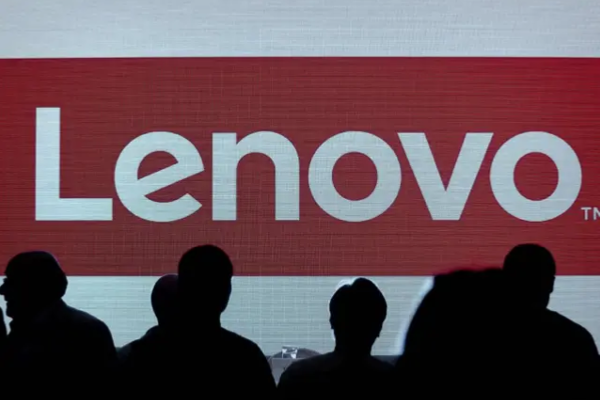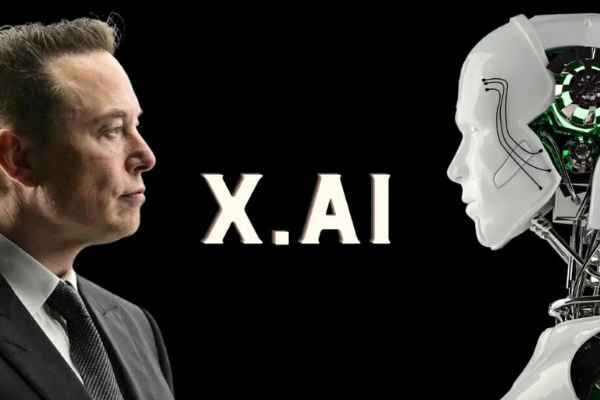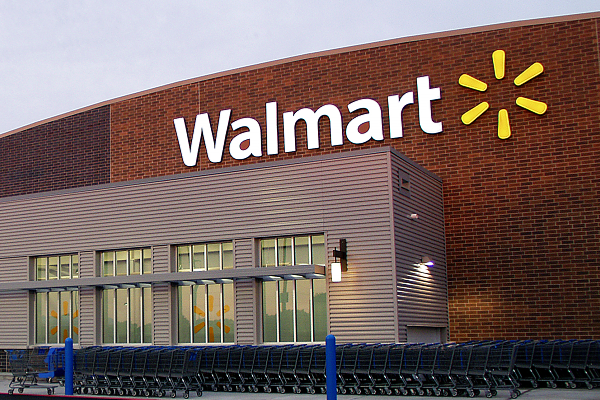Trump's crypto policy faces hurdles under Bank Secrecy Act
President Donald Trump’s plan to bring cryptocurrencies into the U.S. financial system, and his goal of becoming the nation’s first crypto president, has drawn numerous criticisms. Recent events have raised questions, especially about its compliance with the Bank Secrecy Act (BSA).
The BSA was established in 1970 to help U.S. government authorities detect and stop money laundering. Now that cryptocurrency acceptance has soared, matching these digital assets with the existing legal system has become difficult.
President Trump’s Initiatives on Cryptocurrency
President Trump signed an executive order to establish a strategic Bitcoin reserve as early as May 2025, hoping to establish the United States as a player in the cryptocurrency space.
Bitcoins lost in criminal or civil cases will become a major source of funds for the reserve. The move is intended to prevent the government from selling nearly $1.7 billion worth of Bitcoin. By including it in the national reserve, the strategic Bitcoin reserve aims to increase the viability of cryptocurrencies.
President Trump has boosted the success of this reserve by organizing the first “Crypto Summit” at the White House.
Industry leaders attended the ceremony and praised the president’s efforts; it was a major victory that broke the doubts of past administrations. The government’s pro-crypto stance means less regulatory control to support industry innovation.
Government’s stance on BSA compliance
The Trump administration’s pro-crypto moves, with less regulatory enforcement, raise questions about compliance with existing laws like the Bank Secrecy Act (BSA). Critics argue that such a stance could facilitate money laundering and other illegal activity.
However, the government insists that encouraging innovation shouldn’t mean sacrificing security and compliance. The Bitcoin industry has proven ready to change as the rules change. Companies are creating systems to track transactions and detect suspicious behavior in accordance with BSA requirements.
Industry groups are developing guidelines to regulate their own practices that encourage openness and discourage illicit use. The ongoing debate aims to develop fair rules that protect consumer rights without limiting creativity.
Conclusion
President Trump’s steps to integrate cryptocurrencies into the U.S. financial system represent a fundamental shift in economic policy. But combining these rules with the Bank Secrecy Act creates some difficulties that need careful consideration.
Ensuring that the expansion of digital assets does not undermine financial integrity requires collaborative efforts, regulatory foresight, and technological development.









